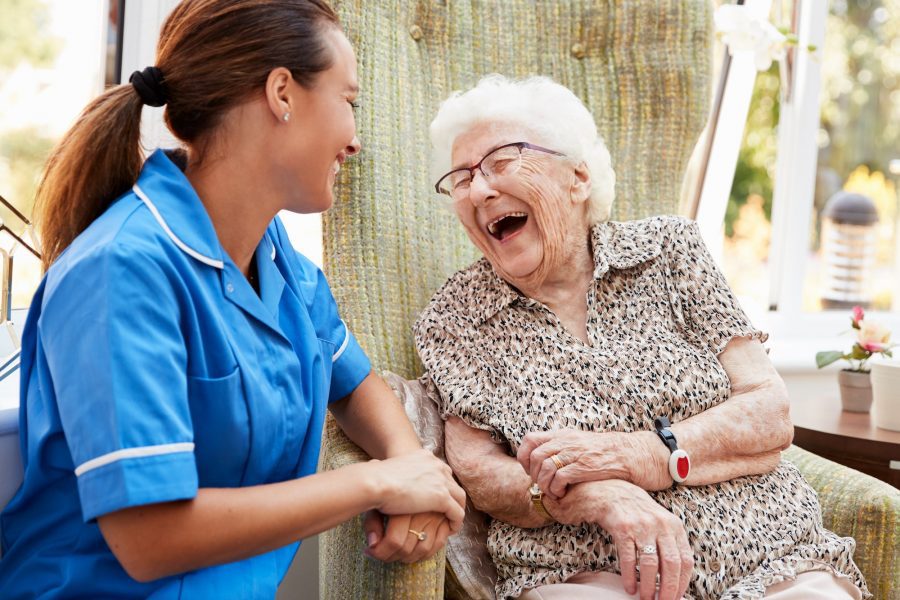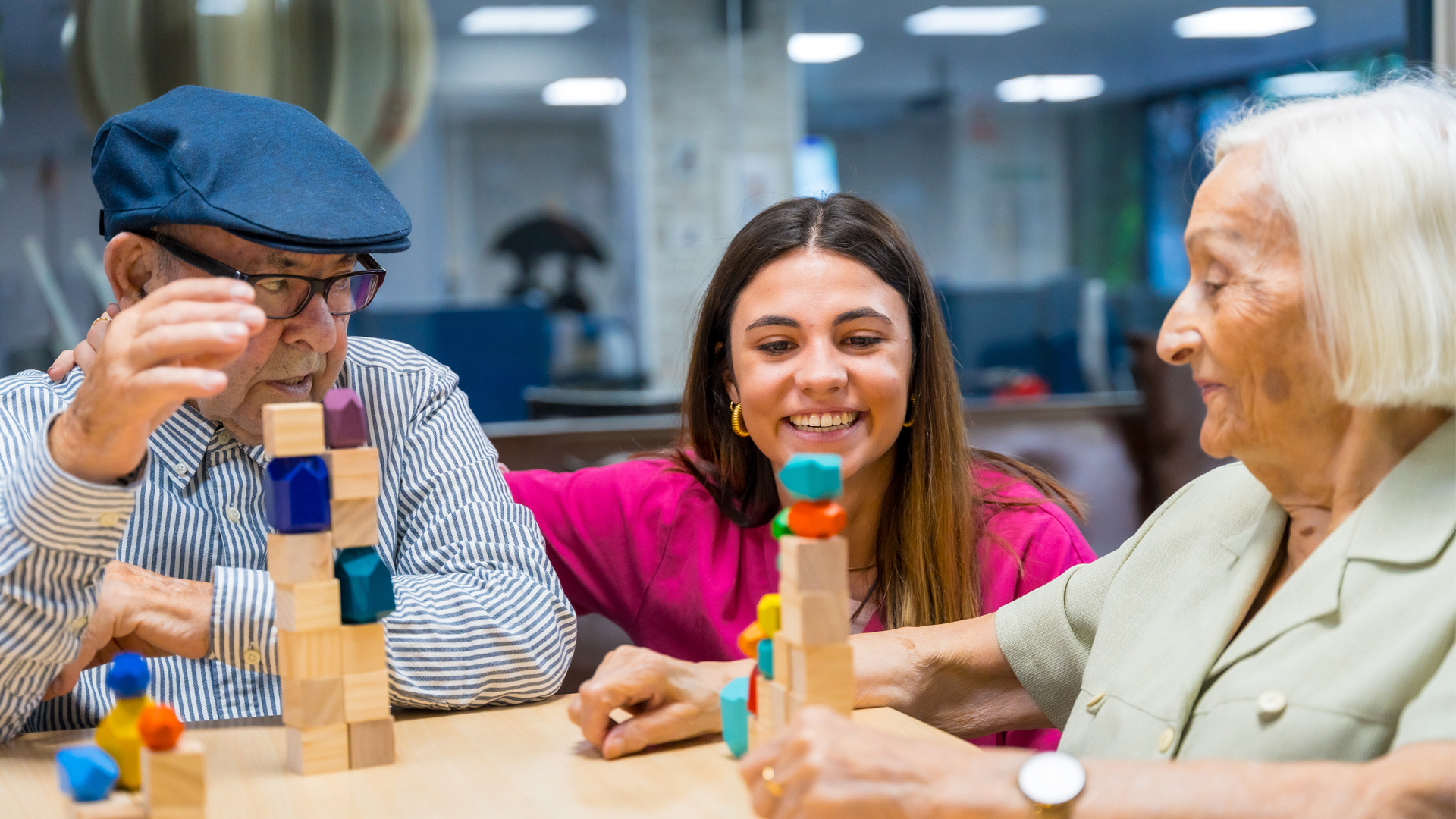Heart disease is one of the leading causes of death in America, and often goes undiagnosed – especially in women. Knowing the following symptoms can help you recognize whether your loved one may need medical attention and at-home care to manage their condition.
1. Chest Pain
Many causes of chest pain – such as indigestion – have nothing to do with heart disease, so they can be easy to dismiss. Still, chest pain, or angina, is the most common indicator that the heart is not getting enough blood or oxygen, which can lead to a heart attack.
Some people may feel a crushing, sharp, or burning pain, while others feel only mild discomfort. It may occur under the sternum or spread to the neck, arms, stomach, jaw, or upper back.
Women, older adults, and people living with diabetes may have heart disease symptoms other than chest pain, such as:
- Fatigue
- General weakness
- A grayish skin tone
2. Shortness of Breath
When the heart can’t pump blood as well as it should, fluid leaks into the lungs and causes shortness of breath. Your loved one may notice this symptom while exercising or doing household chores, but it can also occur at rest. If your loved one needs to catch their breath after simple activities like climbing stairs, they should visit their doctor for a heart disease screening.
3. Fatigue
Extreme tiredness can have many causes, but it may be a sign of heart disease when it meets these criteria.
- Your loved one feels much more drained and lethargic than usual. Many women feel severely tired before or during a heart attack.
- Fatigue prevents them from doing their typical daily activities.
- Your loved one experiences sudden, severe weakness.
4. Irregular Heart Rate
A heart that has trouble pumping blood may beat faster to try to keep up. Your loved one may feel their heart racing or skipping beats. Heart palpitations can also signify arrhythmia, which is a problem with heart rate or rhythm.
5. Swollen Legs, Ankles, and Feet
Swelling in the lower legs and feet is another warning sign of heart disease. When your loved one’s heart doesn’t work well, blood flow slows and backs up, which causes fluid buildup in the tissues.
Your loved one may notice pain, achiness, fatigue, burning, or discomfort in their legs and feet, or numbness when they are at rest. Their legs may also feel cool to the touch, with paler-than-usual skin.
When to Call the Doctor
These heart disease symptoms can present themselves differently in people, and it’s possible to have one sign or several. If your loved one says they feel anything out of the ordinary – especially when they are active – encourage them to make an immediate doctor’s appointment. Don’t ignore the symptoms or wait in hopes that they will go away on their own.
Call 911 if your loved one has chest, arm, or jaw pain, shortness of breath, or any signs of a stroke, such as partial facial paralysis, difficulty speaking, or trouble moving the limbs on one side of their body.
Customized Heart Disease Care
At Legacy Homecare LA, our trained Care Companions provide support to those with heart disease, Parkinson’s, Alzheimer’s, and other degenerative conditions. This expertise supports your loved one through all stages of heart disease – from teaching them ways to manage symptoms to educating them on the importance of nutrition and physical activity.
We deliver top-tier care by spotting risk factors, providing medication reminders, and checking vital signs, all while allowing your loved one to remain in their comfortable home. To learn more about how we can help you, connect with us today.






